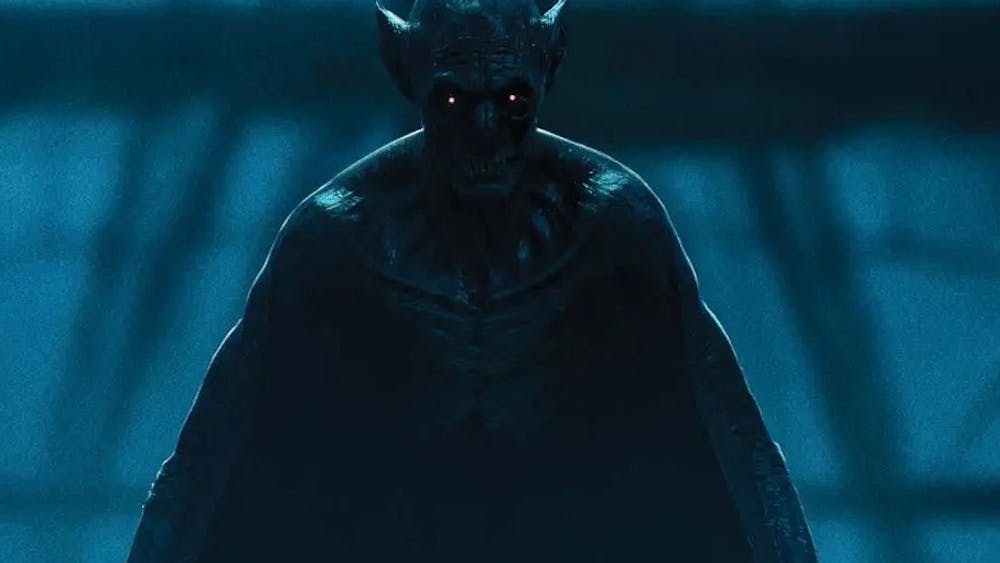Tuesday evening, the Black Film Center/Archive presented the first night of its three-part series focusing on Africana Women Filmmakers. The evening concentrated on the works of Julie Dash. \nDash is an award-winning filmmaker best known for directing "The Rosa Parks Story" and the surrealist "Daughters of the Dust." It is this surrealism that permeates much of Dash's early work. The way she uses it as a mechanism to portray the lives of black women makes her films very distinctive. \nThe film showings are in part an effort to encourage the public to learn more about Africana cultures and also to promote the use of the Neal-Marshall Black Culture Center by students. \nDash, a member of Alpha Kappa Alpha, Inc., was born in New York in 1952 and began her film career in 1973. Throughout her career she has written, produced, directed, edited and even appeared in some of her films. In 1991 she won best cinematography at the Sundance Film Festival for "Daughters of the Dust" and since has moved toward mainstream film endeavors in music videos and television. \nThe first film of the evening was Dash's 1982 short film "Illusions." The film focused on a young black woman who was an assistant filmmaker during World War II. She was so light skinned that she was frequently able to pass for a white woman. The film was ironically and purposely shown in black-and-white and highlighted the struggle between this young woman's material interests and cultural obligations. \nThis film was very different from the second, titled "Praise House." In this film the viewers are able to get an idea of Dash's particular brand of surrealism and how it relates to and incorporates universal Africana experiences. With the help of the Urban Bush Women, a performing company whose works focus on Africana experiences, the film revisited common themes of invented remembrance, modes of cultural expression and the forced suppression of these modes because of one's immediate obligations to reality. \nIn these 25 minutes, there unfolded the story of a young girl whose spiritual kinship to her grandmother, uniquely portrayed in the common bonding experience of combing the grandmother's hair, conflicts with her harsh reality, embodied in the mother of the young woman. The disconnect between a woman and her mother and daughter was an interesting manner in which to undertake the portrayal of this all too common difficulty. \nThe scenes were shot in muted tones in order to impress upon the audience the insidious overarching feeling of being stifled in some way. Dash also plays with the use of sound in the film, constantly shifting between sharp and muted voice. The muted voice seems to highlight the illusory scenes, which she cuts in with the sharp, hard voice of reality.\nThe short featured a tradition particular to the Africana experience labeled the 'ring shout' in which people form a moving, dancing circle around one person, who is usually singing, clapping and dancing. \nThe ring shout is important to the film because it shows the unique blending of elements of West African religion, such as Yoruba, with Christianity. Death also took an interesting form in the movie as a black woman in sunglasses with long dreadlocks and the presence of the dead among the living further highlights the continued presence of African belief systems.\nThe films were followed by a short discussion of the movies in which the director of the Black Film Center/Archive, Audrey McCluskey, told the audience that they should "suspend normal viewing habits" and not judge them by popular viewing standards but by the overall feeling that saturates the work of the artist. \nThe Black Film Center will show Dash's "The Rosa Parks Story" at 7 p.m. Oct. 19 in Room A201 of the Neal-Marshall Black Culture Center and "Daughters of Dust" at 7 p.m. Nov. 16 in Room 130 of Myers Hall.
A night of Julie Dash
Get stories like this in your inbox
Subscribe





